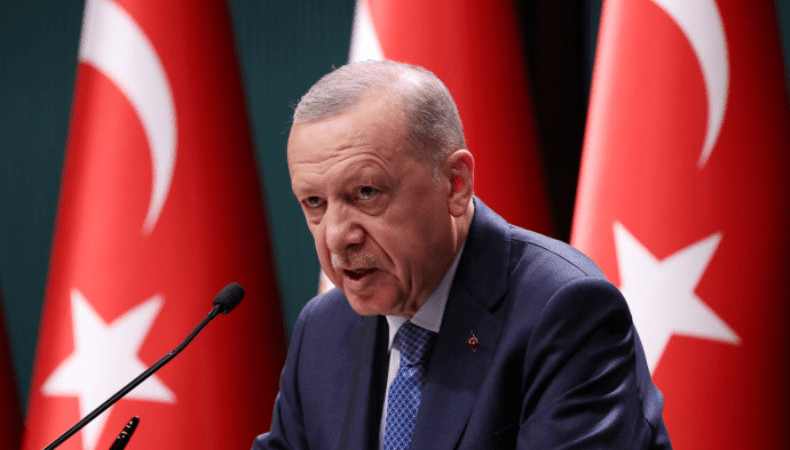
Turkey’s growing interest in joining BRICS marks a pivotal moment in its foreign policy, signaling a deliberate shift away from its long-standing ties with the West towards forging closer relations with Eastern powers. As BRICS—comprising Brazil, Russia, India, China, and South Africa—continues to expand its global influence, Turkey’s potential membership in the bloc could reshape not only its own geopolitical role but also the broader balance of power on the world stage.
A Shift in Alliances
Historically, Turkey has been aligned with Western powers, particularly through its NATO membership and its long-standing aspirations to join the European Union. However, in recent years, Ankara has faced strained relations with its Western allies due to a range of political, economic, and security issues. Turkey’s pivot toward BRICS reflects a broader strategy to diversify its global partnerships and reduce its reliance on traditional Western alliances.
By exploring membership in BRICS, Turkey is signaling its intent to strengthen ties with emerging economies like China, Russia, and India, which together represent a significant portion of global economic and political influence. The BRICS nations are known for their emphasis on creating alternative structures to Western-dominated institutions like the IMF and World Bank, and Turkey’s alignment with this bloc would position it to play a more prominent role in shaping global governance.
Economic and Geopolitical Implications
Joining BRICS could open up new avenues for economic cooperation between Turkey and the other member states. With its strategic location bridging Europe and Asia, Turkey is uniquely positioned to serve as a key transit hub for trade routes and energy pipelines connecting East and West. This geographic advantage could make Turkey an attractive partner for BRICS countries looking to enhance their global connectivity.
Moreover, Turkey’s membership in BRICS could provide a platform for greater collaboration on issues such as infrastructure development, energy, and technology. As BRICS nations continue to seek alternatives to Western economic systems, Turkey’s involvement could help drive initiatives aimed at promoting multilateral trade and investment, reducing dependence on the U.S. dollar, and fostering regional economic integration.
On the geopolitical front, Turkey’s potential BRICS membership could shift the balance of power in key regions such as the Middle East, Central Asia, and the Eastern Mediterranean. Closer ties with Russia and China, both major BRICS players, could give Turkey greater leverage in regional conflicts and diplomacy, allowing it to pursue a more independent and assertive foreign policy.
The West-to-East Pivot: Risks and Rewards
While Turkey’s pivot toward BRICS offers many potential benefits, it also comes with risks. Joining a bloc that includes nations with differing political and economic systems may create tensions, particularly given Turkey’s complex relationships with key BRICS members like Russia. Turkey and Russia, for example, have both cooperated and competed in conflicts such as Syria and Libya, and deeper ties through BRICS could require careful diplomatic maneuvering.
Furthermore, Turkey’s shift toward the East may strain its relations with Western allies, particularly within NATO. As Turkey seeks to balance its relationships between East and West, it will need to navigate the complex dynamics of maintaining security partnerships with NATO while expanding its economic and political ties with BRICS nations.
A Strategic Bet on the Future
Turkey’s interest in joining BRICS represents a bold and strategic bet on the future of global power dynamics. As the BRICS bloc continues to rise as a counterweight to Western-dominated institutions, Turkey’s pivot from West to East reflects its desire to carve out a more independent and influential role on the world stage.
Whether this move ultimately helps Turkey secure a stronger geopolitical position will depend on its ability to effectively manage its relationships with both its Western and Eastern partners. However, one thing is clear: Turkey’s BRICS aspirations signal a new chapter in its foreign policy, one that could have far-reaching implications for the future of global politics.
